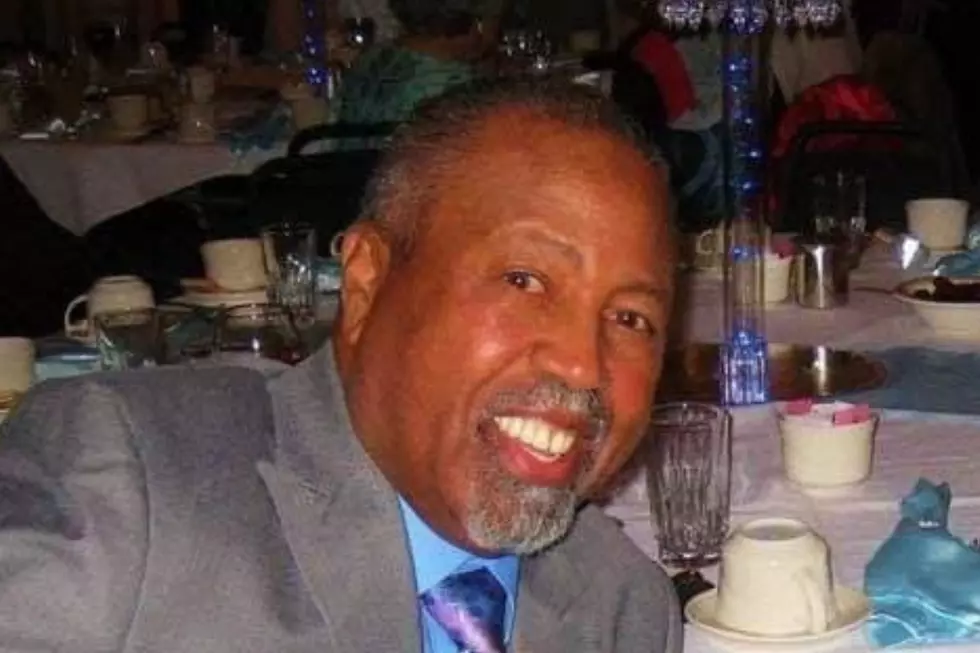
OPINION | Barry Richard: NB Needs to Invest in Public Vocational Education
As New Bedford school officials continue to ponder how to re-engage middle school students, the conversation has to include a revival of vocational education. Too many students are tuning out as our middle schools continue to miss the mark in providing them the complete education they need to make decisions about their future.
Decades ago it was decided that most children should complete high school and then enter into a four-year college degree program. Less attention was paid to traditional vocational education and as a result it was phased out of our local public schools. During this time vocational high schools rose to prominence by expanding course offerings and have attracted a long waiting list of students eager to gain entrance in order to pursue a vocational education.
Not all students want to go to a traditional four year college and they should not be forced to believe that this is the best option for them. We do our children an injustice by limiting their options in this way. When we emphasize a traditional four-year college program over all other options we discourage many students and lose them in the process.
The middle school of the future should include vocational as well as traditional college bound educational choices. The public schools should work to expand their relationship with vocational high schools to figure out how to include slots for pre-high schoolers interested in pursuing a vocational career.
According to a recent report by the Public Broadcast Station WGBH, California is now spending $6 million dollars on a campaign to revive the reputation of vocational education and another $200 million dollars to improve the delivery of it. The report sights worker shortages in many vocational fields. The report also sites federal figures which show only 8% of undergraduates are enrolled in certificate programs which tend to be vocational oriented.
WGBH points to a Georgetown Center report that says there are currently some 30 million jobs that pay an average of $55 thousand dollars and don't require a bachelors degree. It also quotes a report from the U.S. Department of Education which says people with career and technical education are actually slightly more likely to be employed than their counterparts and significantly more likely to be working in their field of study.
As traditional four-year colleges watch admissions decline due to the high cost and lack of interest in what is being taught on many college campuses today, it makes sense to increase our commitment to vocational education. A child in a traditional four-year program that does not want to be there is a waste of everyone's time and resources.
By including vocational training options at an early age, and making them available to more young people, we will engage those children for longer periods of time and produce more career-minded individuals.
Editor's Note: Barry Richard is the afternoon host on 1420 WBSM New Bedford. He can be heard weekdays from Noon-3pm. The opinions expressed in this commentary are solely those of the author.
More From WBSM-AM/AM 1420









